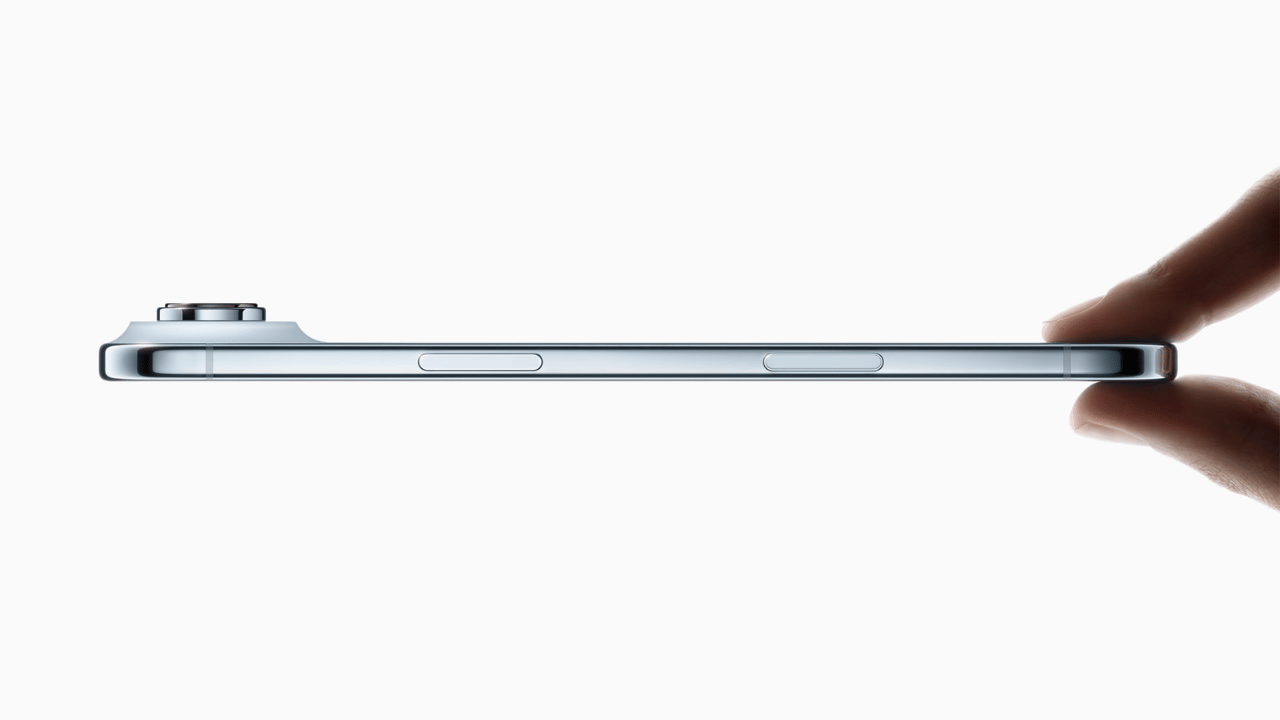New Delhi: The notorious bend test has made a comeback, but this time around, Apple has prepared its thinnest iPhone yet, the iPhone Air. The device is 5.6 mm thin, which is thinner than the iPhone 6 of the year 2014, which was once involved in the bendgate controversy. That problem gave rise to years of controversy on endurance, and of course the questions were asked again with the release of this ultra-thin iPhone.
The durability of the iPhone Air was tested even before it was available. In an interview with Mark Spoonauer of Tom’s Guide, the top officials of Apple (John Ternus and Greg Joswiak) permitted on-stage live bend testing. Joswiak even gave the device to Lance Ulanoff of TechRadar, and he was urged to bend it. The iPhone Air stood against the pressure despite the pressure exerted on it; this is a sign of Apple being confident about its strength.
Apple’s take on durability
The iPhone Air, according to Apple, is more durable than any other iPhone before. Its titanium frame supports this assertion, as opposed to the aluminium in the iPhone 17 Pro. In addition to this, the front and back of the device have Ceramic Shield protection.
The back is made of Ceramic Shield, and the front is Ceramic Shield 2. Apple boasts of the reinforced glass, which is harder than any other smartphone substance, has three times higher resistance to scratches and better anti-reflection. The titanium and reinforced glass combination indicates that Apple has left nothing on the table to make sure that the iPhone Air does not commit the same errors as its ultra-thin counterparts.
